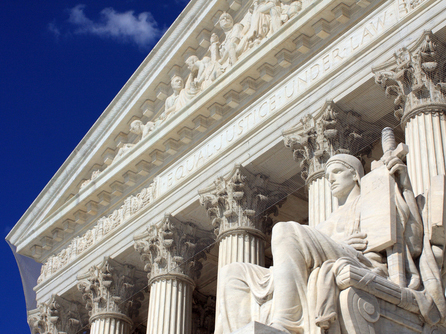On July 24, 2017, the Second Circuit Court of Appeals rejected a federal district court’s approval for a class of roughly 69,000 women claiming that Sterling Jewelers, Inc. (“Sterling”) discriminated against them based on sex. The decision overturned a district court ruling that affirmed an arbitrator’s decision to let the women proceed to trial as a class in an arbitration.
Plaintiffs initially filed a class action lawsuit in March 2008, alleging that Sterling’s practices and policies led to women being deliberately passed over for promotions and paid them less than their male cohorts. The case was sent to arbitration several months later under Sterling’s arbitration clause.
In 2009, an arbitrator ruled that Sterling’s dispute resolution program did not specifically bar class actions and allowed claimants to seek class status. From there, the case took a number of twists and turns, which we reported on more fully at the time here.
In June 2013, the employees moved for class certification. In February 2015, the arbitrator ruled that that the employees could proceed as a class in the arbitration. In November 2015, the district court affirmed the arbitrator’s decision concluding that the arbitrator did not exceed her authority by certifying a class that included absent class members i.e., employees other than the named plaintiffs and those who have opted into the class. Sterling appealed. READ MORE →












